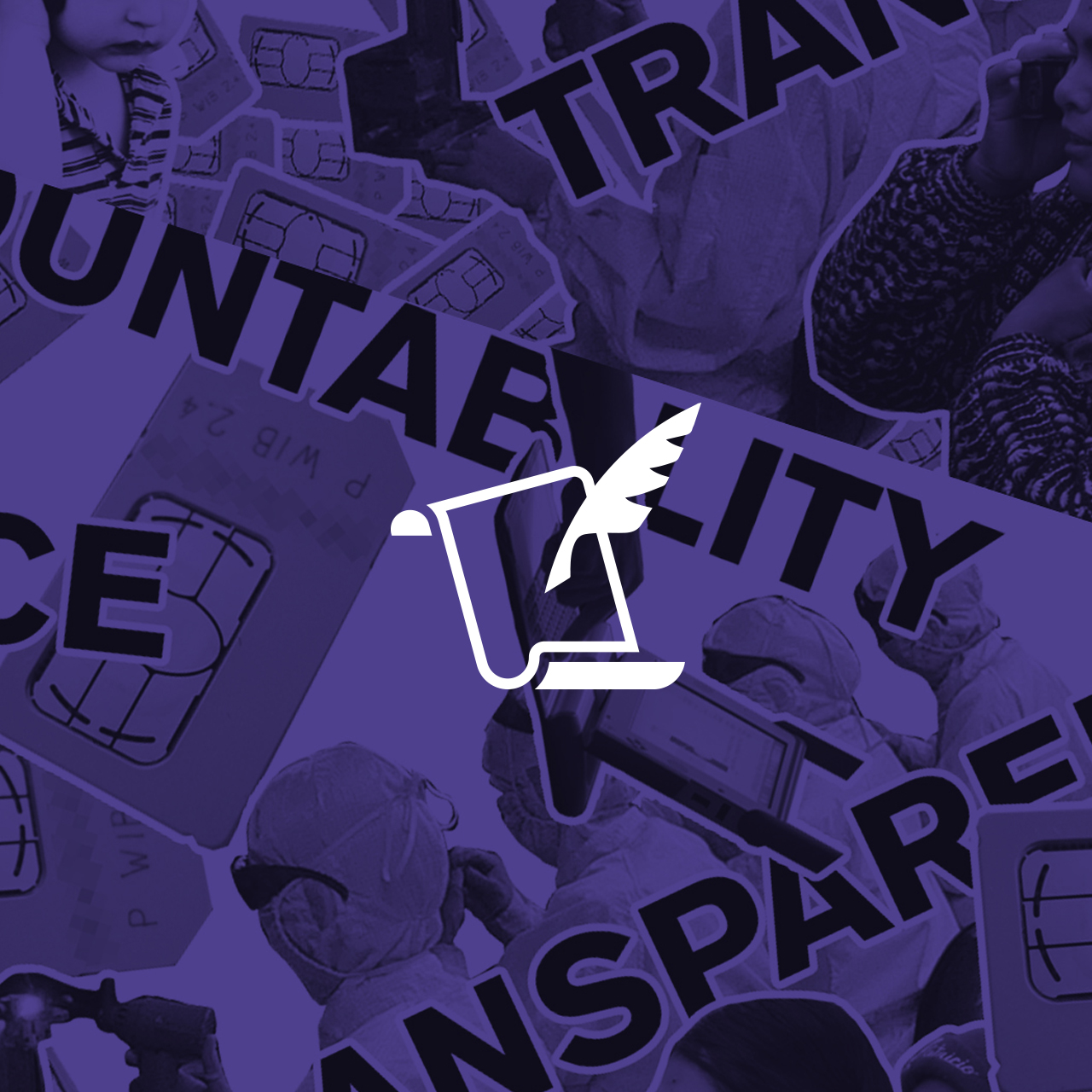Access Now launched a campaign with our partners at the Business & Human Rights Resource Center asking companies to respond to findings from Ranking Digital Rights’ 2015 Corporate Accountability Index. Below, RDR’s Amy Brouillette provides an update, which is cross-posted on the RDR website.
A majority of companies analyzed in Ranking Digital Rights’ 2015 Corporate Accountability Index have publicly responded to our findings, thanks to a campaign by digital rights group Access Now. As part of a public outreach effort launched this spring, Access Now sent letters to each of the 16 companies evaluated in the 2015 Index, asking them to respond to our findings and offering tailored recommendations for improving their policies affecting users’ freedom of expression and privacy rights.
Twelve of the 16 companies have responded to Access Now’s campaign, with many reporting they have taken steps to improve their commitments to freedom of expression and privacy standards in light of the Index results and Access Now’s recommendations.
In response to Access Now’s letter to Kakao about the company’s Index results, which showed the company’s greater emphasis on privacy than freedom of expression, a senior executive of the South Korean Internet company wrote that it will “soon start to institutionalize our commitments to users’ freedom of expression at the same level of our commitments to privacy.” The company also said it was planning other improvements, including “clearer control options for collection of user information and more details of the company’s collection of user information.”
Microsoft reported plans to enhance its human rights grievance and remedy mechanisms, based on recommendations from Access Now. “We already have work underway to address some of Access Now’s primary recommendations, particularly around further enhancing our human rights grievance and remedy mechanisms,” the company wrote. Along with many of its peers, Microsoft’s performance on on remedy left much room for improvement.
AT&T also revealed it is taking steps to improve its human rights impact assessment practices. While our 2015 research found that AT&T carried out no human rights impact assessments on its U.S. operations, a company executive wrote that they are conducting human rights impact assessments on newly acquired Mexican wireless operations.
A number of companies, including Twitter, Yahoo and Facebook, reported new efforts to improve their transparency reporting. After the 2015 Index highlighted the lack of company disclosure about terms of service enforcement, Twitter’s February 2016 update of its transparency report included some data on terms of service enforcement. According to the company, it now includes “reports from government deputized reporters, a critical and growing area for transparency reporting. We included such reports not only in our transparency reports but in our disclosures to Lumen as well.”
Yahoo said the company is “actively studying, analyzing and considering the results and findings of RDR with respect to company transparency,” according to its response to Access Now’s letter. “We’re examining the issues at the core of the indicators and discussing the findings with our teams. We look forward to continuing this work and to continued dialogue with interested stakeholders.”
Facebook described a number of improvements it has made to its transparency report since the 2015 Index research was conducted, in addition to “enabling end-to-end encryption by default for all WhatsApp messages and voice conversations and extending Facebook over Tor support to our Android app.”
In its response to Access Now’s letter to Google, the company highlighted its commitment to freedom of expression and privacy, and reported it has “used the findings to guide internal discussions about how our practices and communications to the public can evolve.”
The successful campaign by Access Now highlights RDR’s multi-stakeholder approach and our strategy of engagement with companies, which we believe is key to furthering understanding among all stakeholders about how users’ rights are affected and what improvements can be made.
The Business & Human Rights Resource Center, which facilitated the dialogue between Access Now and the companies, provides a full overview of letters sent and company responses.
